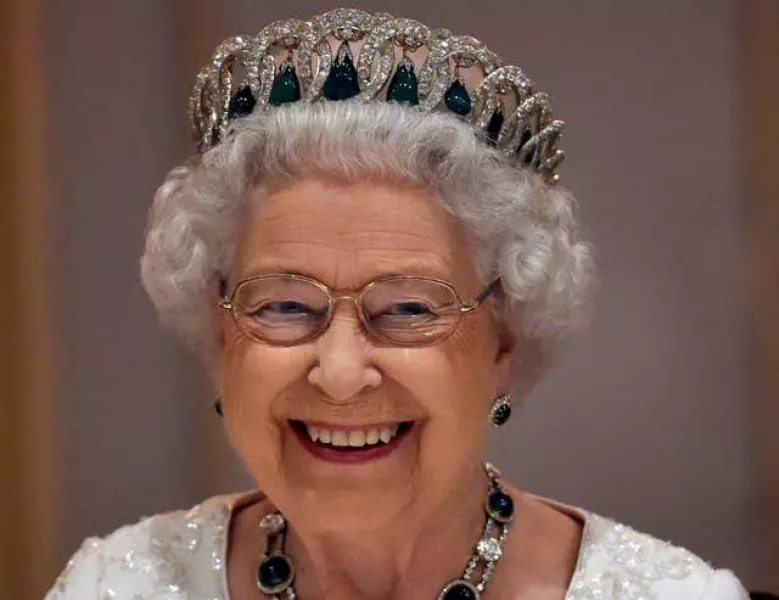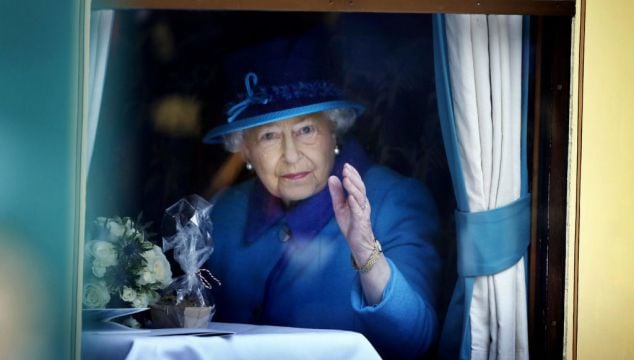Queen Elizabeth is set to become the first British monarch in history to celebrate her platinum jubilee.
Elizabeth II will have reigned for 70 years, or 25,568 days, on Sunday, February 6th, excluding this accession day itself.
She is already the Britain’s longest reigning monarch, and the longest still-serving sovereign in the world.

The queen’s record-breaking reign has seen her spend 73 per cent of her life so far on the throne.
She overtook her great-great-grandmother queen Victoria as the country’s longest reigning monarch in September 2015, passing her ancestor’s 63 years and 216 days.
“Inevitably a long life can pass by many milestones. My own is no exception,” she remarked at the time.
Victoria reached her diamond jubilee, but not her platinum.

The queen became the world’s longest-reigning living monarch in October 2016 when the previous record-holder King Bhumibol Adulyadej of Thailand died after ruling for 70 years.
But she is not the world’s longest-reigning monarch ever, King Sobhuza II of Swaziland, who died in 1982, holds this title.
He was just four months old when he became king and ruled for 82 years and 253 days.
Louis XIV of France, known as the Sun King, is the longest reigning of monarch of a large European country, ruling for 72 years and 110 days from 1643 to 1715.
In July 2020, the Queen reached 25,000 days on the throne, spending the day privately at Windsor amid the pandemic.
Her lengthy reign and advanced age has brought with it other milestones.

At the age of 95, she is the oldest British monarch in history, but is not keen on being reminded of this.
She is also the world’s oldest living head of state.
The queen also holds the world record for the most currencies featuring the same individual, and she is the wealthiest queen, with a fortune estimated at around £365 million.







